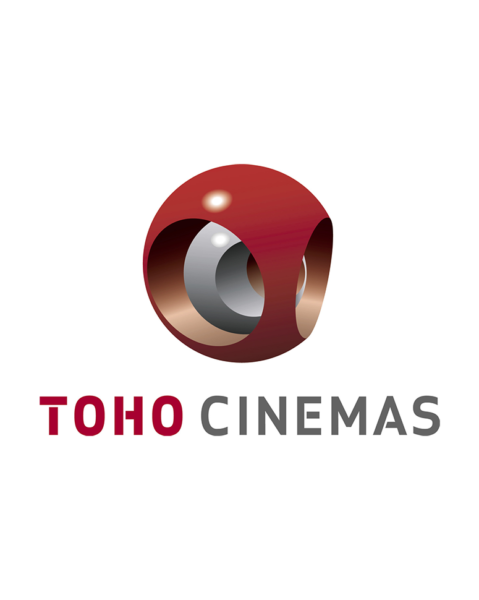The film industry was forced to missed out on this year’s CinemaCon due to the ongoing COVID-19 outbreak, but Toho Cinemas’ president of theater chains, Kazuhiko Seta, recently delivered his planned keynote address via YouTube. You can view the entire speech here or below this recap.
Seta began by highlighting the remarkable growth of distribution markets, particularly in Asia, according to MPAA statistics. He also remarked on Parasite‘s recent Best Picture win at the Academy Awards, crediting it for “inspiring the Japanese film industry to work even harder and create high-quality films deserving of merit.”
On the global health crisis, Seta offered his “sincere prayers for the recovery of patients and a timely return to peaceful days.”
Toho is already in the planning stages to implement several initiatives designed to address the challenges presented by the current crisis, and Seta pointed to a recent disaster that affected Japanese box office performances over a sustained period before eventual recovery: the 2011 Tōhoku earthquake and tsunami.
That year, box office sales in Japan declined 18 percent from 2010 due to the natural disaster, but the market has recovered (“and then some,” Seta adds) in the decade since. 2019’s Japanese box office revenue reached $2.6 billion, up 17 percent from 2018 and 44 percent from 2011.
Seta broke down some of Japan’s initiatives since then into three categories:
- Technology and Facility Investments — Examples include the expansion of unique theatrical experiences with IMAX, 4D, and various Premium Large Format screens.
- Key Audience Group Development — This has included a general focus on youth and cultivating new film fans from a young age, increasing audience for animated films, and live content adoption.
According to Seta, live content accounted for 7 percent of Toho’s total revenue in 2019. Audience participation events, such as “cheer screenings” have also become major successes, “building repeat clients and expanding theater community.”
- Distributor Collaboration — Seta discussed the focus on emotionally-driven content, which plays very well with Japanese audiences.
He specifically pointed to Disney’s Big Hero 6 and the alternative marketing strategies employed for its Japanese release, which focused on the emotional relationship between its main characters rather than the action-adventure aspects featured more prominently in other countries.
Going forward, Seta suggests two key directions for strengthening the theatrical market: data-driven digital marketing (over 46 percent of Toho tickets were sold online in 2019) and targeting potential partners for collaboration between studios, distributors, and tech companies.
In closing, Seta offered one last hopeful message:
“I hope to exchange ideas and work together to keep the momentum the industry is currently enjoying. Historically speaking, the exhibitor business has experienced major changes every 30 years. The 1950s witnessed the arrival of TV, video game players came into the landscape in the 1980s, and streaming services arrived in the 2010s. Yet, throughout the changes, we have always invented new added value that only theaters can provide to keep attracting moviegoers.”



Share this post